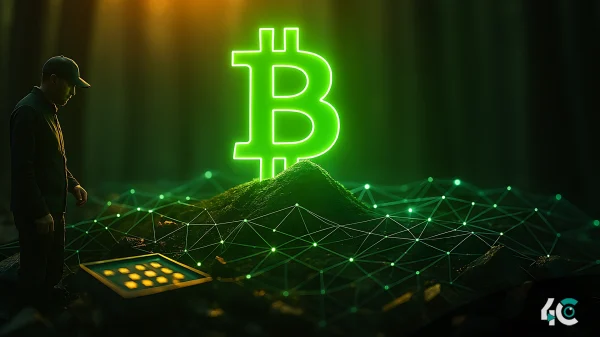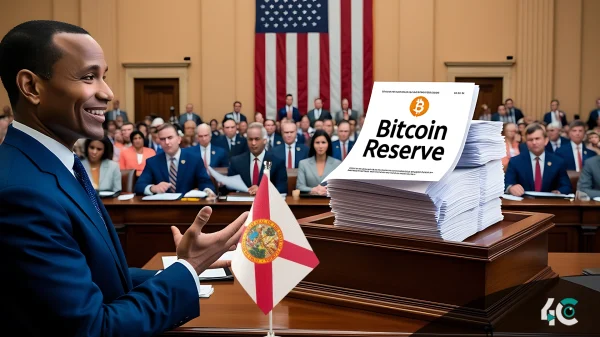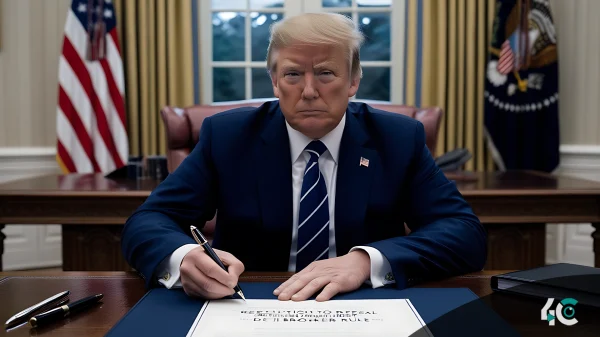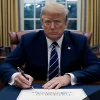The US government has recently asked all federal agencies to tell the Treasury Department about their cryptocurrency property. Further, they will have to report this by the 7th of April. This new policy shows a more centralized strategy to deal with digital currencies through a strategy. Moreover, Trump has recently signed an executive order on this.
By the order, agencies have to inform their digital ownership details to Treasury Secretary Scott Bessent. However, this data will be kept private for now, although there is no timeline for its release. Because these assets are “public” assets, they will be required to submit data to the public.
The reporting requirement is just one piece of a larger puzzle that includes two key entities: the Strategic Bitcoin Reserve and the United States Digital Dollar. Digital Asset Stockpile The Strategic Bitcoin Reserve—a “digital Fort Knox”—will hold Bitcoin seized in civil or criminal forfeiture. The government now plans to keep this Bitcoin indefinitely now, as opposed to earlier, when it used to sell it off.
🚨NEW: The deadline for the federal agencies to report their crypto holdings to Treasury Secretary Scott Bessent is tomorrow, according to a White House official. However, the Executive Order didn’t require the findings of the audit be made public, only that they be reported to… https://t.co/6JUjCEEh2F
— Eleanor Terrett (@EleanorTerrett) April 6, 2025
David Sacks, a top advisor to Trump on AI and crypto, has been vocal about past missteps, particularly the sale of nearly 200,000 BTC for just $366 million. At today’s prices, that same amount would be worth over $17 billion.
The new reserve will stop this from happening again, with the government changing its tack on how to manage the Bitcoin it seizes.
While Bitcoin will remain untouched, other cryptos like Ethereum, BNB, and XRP will be managed more flexibly by the U.S. Digital Asset Stockpile. The government agencies could be necessary to liquidate or sell these assets depending on their requirements and needs to manage the funds better.
On April 7, 198,000 BTC worth 15 billion are with the government and hundreds of millions in other digital currencies. Recent enforcement actions have also targeted malefactors in crypto. In one instance, more than 200,000 were seized in digital assets were seized for terror financing.
Even with new rules in place, some questions remain as to how the government will manage the assets over time and whether the public will ever see the crypto held by the government. The US is clearly trying to become a major player in crypto.













































